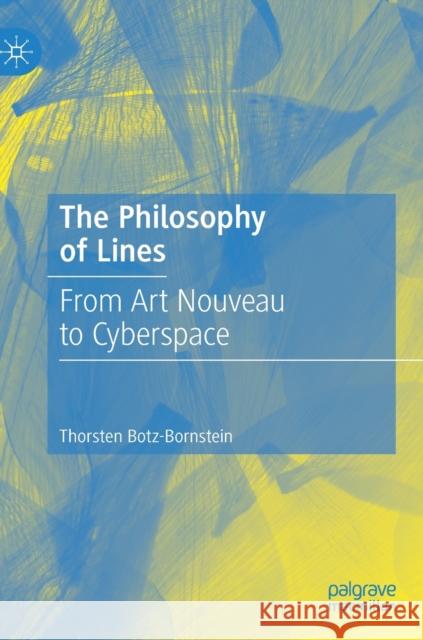The Philosophy of Lines: From Art Nouveau to Cyberspace » książka
topmenu
The Philosophy of Lines: From Art Nouveau to Cyberspace
ISBN-13: 9783030653422 / Angielski / Twarda / 2021 / 259 str.
The Philosophy of Lines: From Art Nouveau to Cyberspace
ISBN-13: 9783030653422 / Angielski / Twarda / 2021 / 259 str.
cena 443,82 zł
(netto: 422,69 VAT: 5%)
Najniższa cena z 30 dni: 424,07 zł
(netto: 422,69 VAT: 5%)
Najniższa cena z 30 dni: 424,07 zł
Termin realizacji zamówienia:
ok. 22 dni roboczych
Bez gwarancji dostawy przed świętami
ok. 22 dni roboczych
Bez gwarancji dostawy przed świętami
Darmowa dostawa!
Kategorie BISAC:
Wydawca:
Palgrave MacMillan
Język:
Angielski
ISBN-13:
9783030653422
Rok wydania:
2021
Wydanie:
2021
Ilość stron:
259
Waga:
0.47 kg
Wymiary:
21.01 x 14.81 x 1.6
Oprawa:
Twarda
Wolumenów:
01
Dodatkowe informacje:
Wydanie ilustrowane











